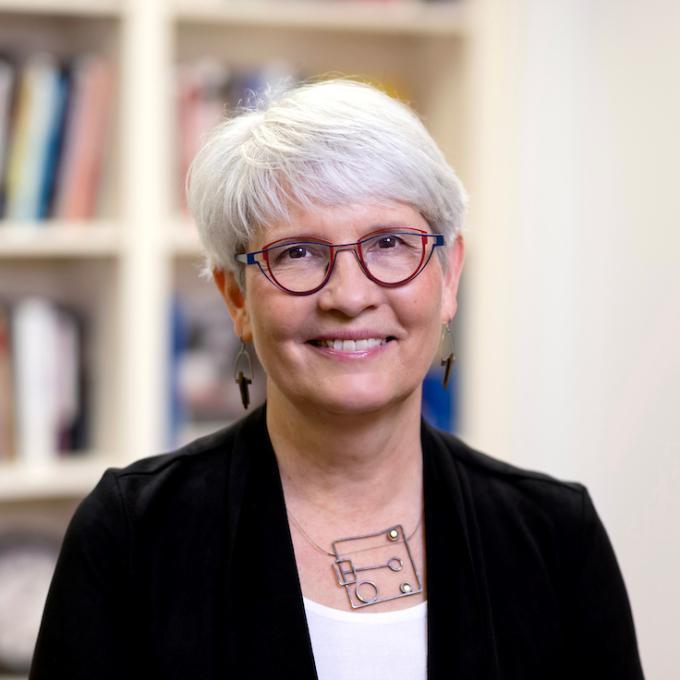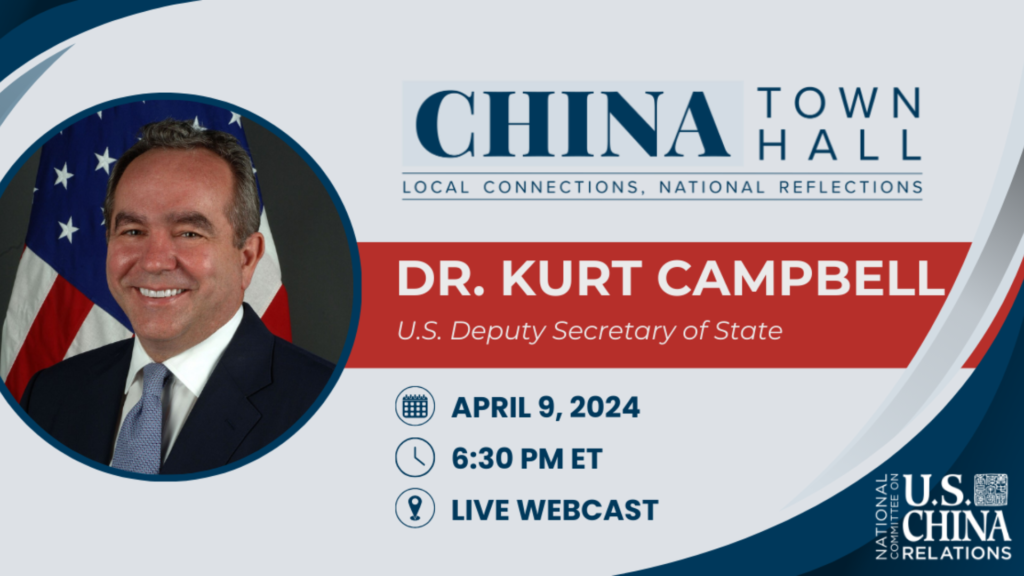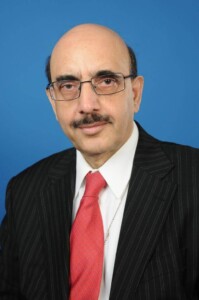
U.S. diplomacy is at a pivotal point in history.
From the war in Ukraine to tensions with China, the United States Foreign Service has continued to play a paramount role in defining America’s role in the world. However, it has become evident that the days of solely relying on traditional diplomacy to manage geopolitical impasses are coming to a close. As a result, we are seeing what is known as subnational diplomacy, which is essentially the act of engaging state and local actors in foreign policy to solve the increasingly complex national security challenges globally.
What does this mean for American foreign policy initiatives abroad?
Join the World Affairs Council of Charlotte for an Ambassadors Circle luncheon on Tuesday, April 4, 2023 with Ambassador Eric Rubin, former U.S. Ambassador to Bulgaria and the President of the American Foreign Service Association (AFSA), as he discusses “U.S. Diplomacy in the 21st Century.” He will address America’s foreign policy in this fast-changing and difficult world security situation, the challenges faced by the diplomatic corps in the coming decades, and the role of American citizens in supporting significant diplomatic efforts at home and abroad.
Program Information:
Date:
Thursday, April 4, 2023
Check-In and Pre-Lunch Networking:
11:30 a.m. – 12:00 p.m.
Lunch & Presentation:
12:00 p.m. – 1:30 p.m.
Location:
Hilton Uptown Charlotte
Cost:
$40 (WACC Member Rate)
$55 (Non-Member Rate)
$35 (WACC Student Member / Educator Member / YPWACC)
- Please call 704-687-7762 for credit card payments over the phone.
- Checks can be mailed to “World Affairs Council of Charlotte, 9201 University City Blvd., CHHS 227, Charlotte, NC 28223.
Biography:
Ambassador Eric Rubin was elected to serve as the President of the American Foreign Service Association (AFSA) after his recent posting as U.S. Ambassador to Bulgaria (2016-2019). Joining the Foreign Service in 1985 after graduating from Yale, he started as a political and human rights officer in Honduras (1985-1988). In 1989 he was assigned to the State Department’s Operations Center. From 1989 to 1991 he worked in the Office of Soviet Union Affairs where he monitored and reported on the collapse of the Soviet Union. Next, he served as the security affairs officer for Central and Eastern Europe. He left Washington in 1994 for Kiev, Ukraine as Deputy Political Counselor.
While there he was a recipient of AFSA’s William R. Rivkin Award for Constructive Dissent by Mid-Level Officers for his work on the Bosnia crisis.
In 1996 he returned to Washington to work for the Assistant Secretary of State for European and Canadian Affairs. From 1997-1998, he served as an Assistant White House Press Secretary for Foreign Affairs and in 1998 he was the special assistant to Ambassador Thomas Pickering—then the Under Secretary of State for Political Affairs. From 1999-2000 Ambassador Rubin was a Rusk Fellow at the Institute for the Study of Diplomacy at Georgetown University where he enjoyed teaching about diplomacy. In 2001 he was posted to Chiang Mai, Thailand as Consul General. In 2004 he returned to Washington as the director of the Office of Policy Planning and Coordination in the Bureau of International Narcotics and Law Enforcement Affairs. In 2006 he served as the executive assistant to R. Nicholas Burns—the Under Secretary of State for Political Affairs at the time. From 2008 to 2011 he served as the Deputy Chief of Mission in Moscow. And from 2011 to 2015 he served as a deputy assistant secretary of state in the Bureau of European and Eurasian Affairs. Ambassador Rubin is married with two children.
















